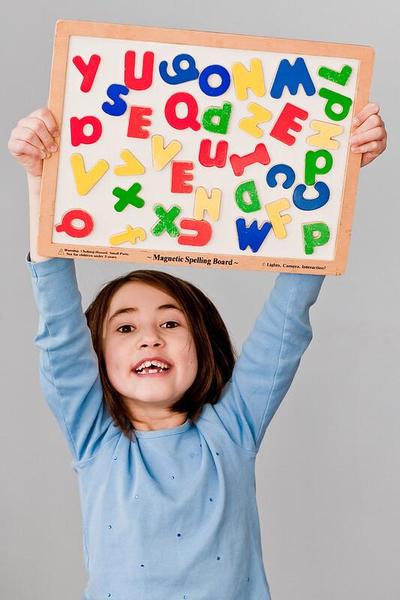A friend was describing how her granddaughter is doing in school. A year ago, the little girl felt like a misfit, and confessed feelings too weighty for a six year old to carry. Then her mother researched dyslexia, and found a school environment in which different learning styles were welcome.
Now the child is smiling again, and
can unearth meaning in those irascible letters that used to mock her. She skips, rather than shuffles across the playground, and bears no shame when her classmates open their books. I teared up to hear about a child I will never meet, who no longer feels like a gaffe.
It is a miracle, and even more so when you look at the part I so blithely skipped over. Her mother, and grandmother, were fierce advocates, unwilling to accept that their precious child was not
worthy of education. There are a wide range of ways people feel undeserving. Our bodies, our emotions, our mental pathways can be unconventional in how they behave. Thrashing against those discrepancies can drain us of the chance to belong to one another.
Having a son on the spectrum, and a mother who was bipolar have been my invitations to trudge into acceptance. For the first few years I lost momentum, sliding down the squirrely path of wishing they would try
harder not to be so taxing. Eventually it dawned on me that God was, and is, asking me to love them anyway. Holding their quirks not as blunders, but as variations on the human experiment has allowed me entrance into places I would never have discovered if they were predictable.

